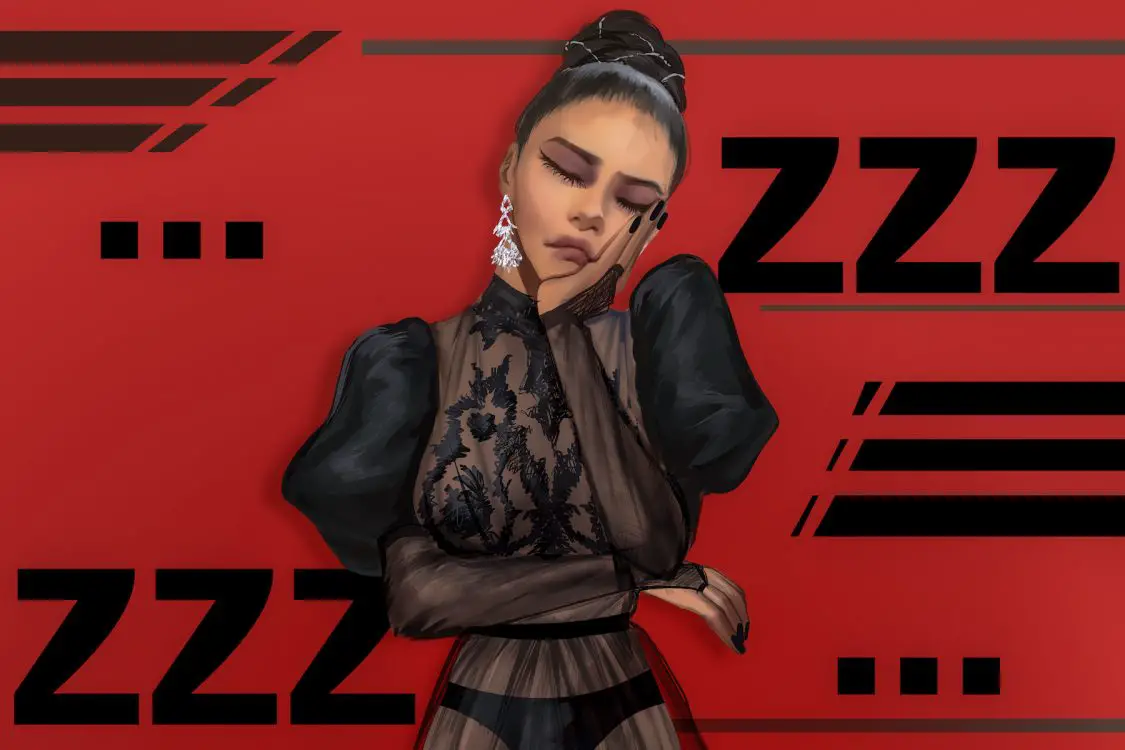Just over two weeks ago, on May 2, the world of fashion had its biggest night. Climbing the grand, red-carpeted steps of the Metropolitan Museum of Art in New York City were the most exclusive of guests, celebrities and influential social figures, all draped in dazzling couture clothing. As they arrived, their outfits seemed to take on a form of fame themselves, becoming more than the person wearing them. Becoming more than life itself.
The masses debated who was the best dressed, who actually followed the theme of the evening, and why some of these people cannot seem to dress at all – even with all of that money and fame behind them. Regardless of the commentary, however, the Met Gala is one of the pivotal social events of the year, both highly anticipated and highly prestigious.
However, while the glamor exuded by the event is unmistakable, it is important to note that its relevance has been diminishing for quite some time now. It is even evident in the theme of this year’s Gala. Or, rather, the last two themes. The theme for 2022 was “America: An Anthology in Fashion,” the second half of the greater theme of “In America: A Lexicon in Fashion” that debuted in September of last year.
Both themes focused on the fact that fashion is inclusive and that anyone can dress in an American way. This year’s theme more specifically, however, highlighted the fashions of the Gilded Age in American history, which spanned from 1870 to 1900. Many associates this time period with the massive technological boom of the Industrial Revolution and the close of the Victorian Era. And while this part of our history made possible many of the accommodations we enjoy in our modern world, there was a dark shadow lurking closely behind these golden rays of progress.
Large wealth disparities, government corruption due to the creation of monopolies, and unsafe working conditions for millions of people across the country also define the era. But they are not exclusive to it. You might not think that such issues are still prevalent in today’s world, but that is not the case. If anything, they have become much worse. And better hidden.
During the COVID-19 pandemic, when millions of people worldwide lost their jobs and faced homelessness, the wealth of several U.S. billionaires, most notably Jeff Bezos and Elon Musk, increased by $2.071 trillion (70.3%). Disney has become a dominant player in the entertainment industry, buying up and buying out several smaller companies such as Hulu, Marvel and ESPN to add to its conglomerate catalog of never-ending content — a practice that recalls the horizontal and vertical integration used by monopolies to intimidate smaller businesses in the Gilded Age.
With this in mind, the Met Gala could have highlighted the injustices of such a period and reclaimed them in a more inclusive light. But it seems that such a mark was sorely missed — and not just by the barrage of historically inaccurate outfits. In itself, the Gala is an exorbitant display of wealth. A parade of pearls and half-a-million-dollar handbags as the middle class and their rights are burned to the ground. Conde Nast, the media company that owns Vogue Magazine — which hosts and plans the event yearly under the meticulous glare of Anna Wintour’s sunglasses — donated grossly to Donald Trump’s presidential campaign. It is also refusing to let its staffers form a union.
But the Met Gala has become removed from such abhorrent conditions and has become an entity unto itself. Therefore, by using “woke” ideals and the language of inclusivity, the corporations behind the event seemingly absolve themselves of their larger crimes against humanity. However, this year, it seemed that there was a plot twist that they could not have even been prepared for. As the Gala was unfurling across all corners of the internet, a document draft was leaked from the Supreme Court voting to overturn Roe v. Wade, the constitutional amendment that makes abortion legal.
And while the Met Gala was not responsible, it did, however, provide an excellent distraction. Therefore, bigger questions should be raised about the credibility of the Gala overall in our social sphere. Because much of the attention behind the event is based on debate, so many people are merely invested in it for the fact that they want to be the ones with the loudest opinions.
But where is the art behind it? The event itself takes place on the steps of one of the most prestigious art museums in the world. If fashion itself is an art form, why has it been reduced to internet fodder? And why do we still find ourselves consumed by the Met Gala year after year, even though these celebrities are not going to dress any better?
Perhaps, just like the annual presence of The Oscars or the Super Bowl, these grand spectacles of entertainment that come like the changing of the seasons, they don’t have to get any better. They just have to exist. They are the small joys we have come to depend on to help us avert our eyes when they get tired. They have to be there for our constant entertainment, even when we look outside our windows and see the world falling to pieces. Falling into a space in time that is seemingly moving backward and forward all at once.

















